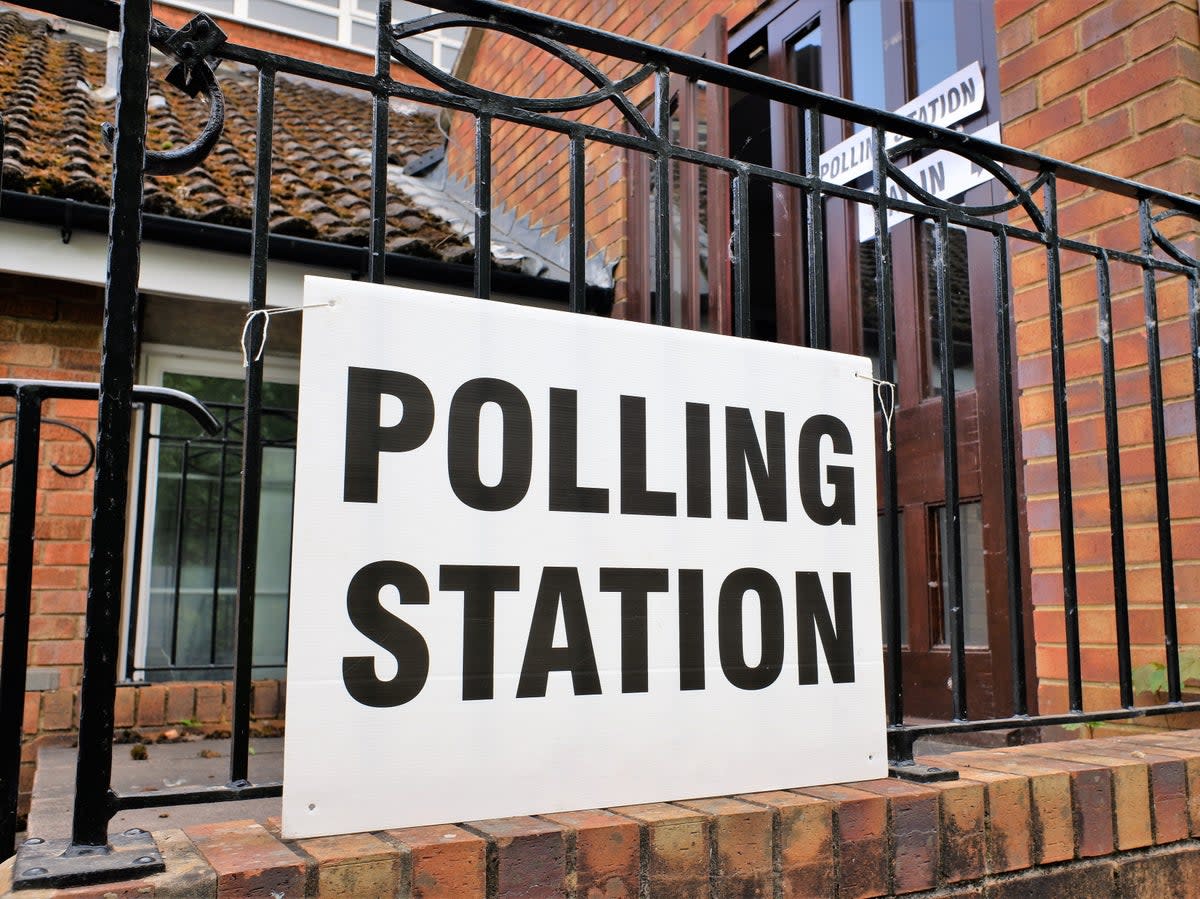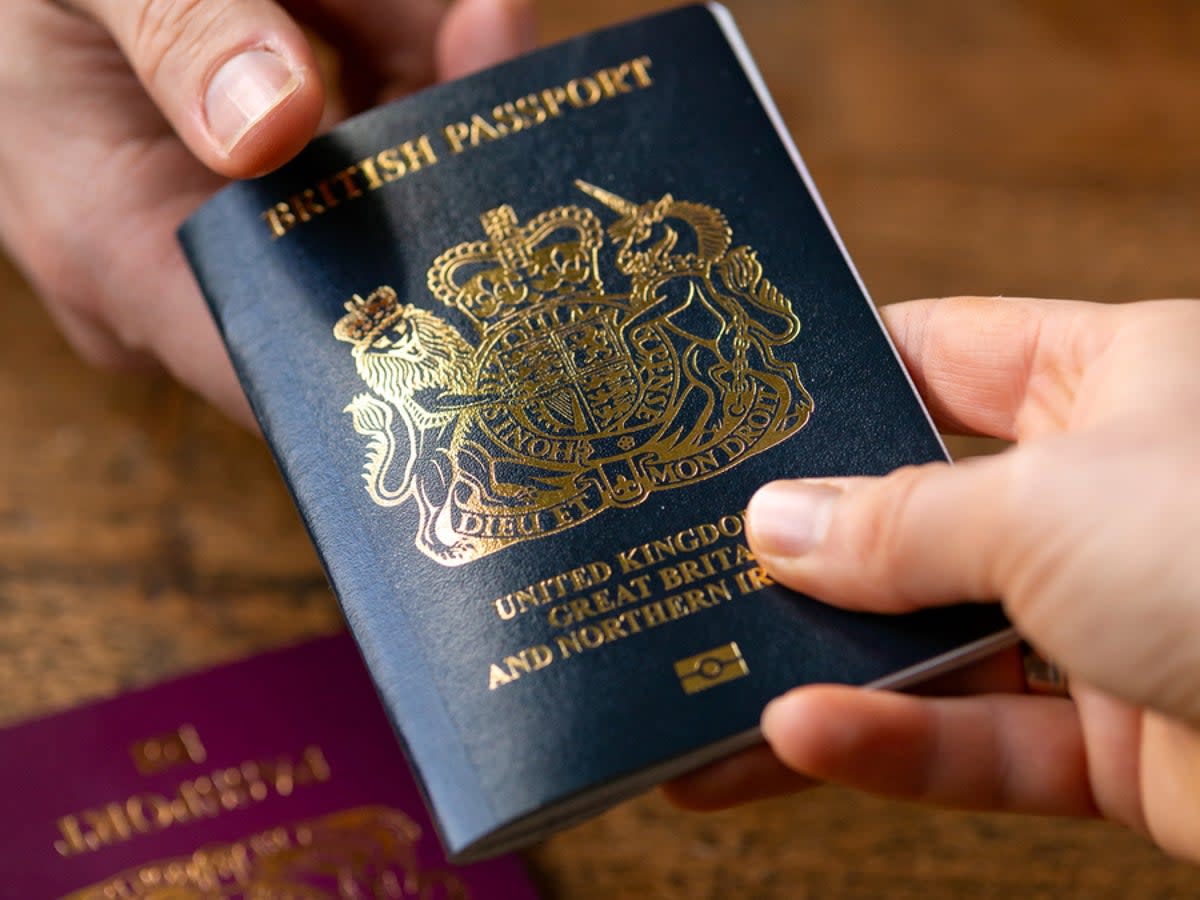What are the new rules on voter ID at polling stations for upcoming local elections?

Voters in the UK will be required to present photo identification to prove they are who they say they are when they arrive at polling stations from May 2023, after a change in the law instigated by the UK government.
The new stricture came in as part of the Elections Act 2022, first trailed in the Queen’s Speech of May 2021 and passed by Parliament last April in the interest of improving election security. It will not apply to those voting by post.
Members of the public voting in person will be able to present 21 different forms of identification deemed valid but fears have nevertheless been expressed that the change could deter some from casting their ballot and lead to greater disenfranchisement.
Research carried out by the Cabinet Office in 2021 found that 9 per cent of the British public do not currently hold any form of photo ID that is both in-date and clearly recognisable.
In accordance with the Act’s stipulations, the Department for Levelling Up, Housing and Communities has launched a Voter Authority Certificate as an alternative, a document that individuals can apply for online and which is free but requires that you already be registered to vote and supply a recent digital photo, your date of birth and National Insurance number to claim.
Voters can apply for the certificate online here, with the government site also providing information on how to register for it by post.
The 21 alternative forms of ID you can present at polling stations from May, which volunteers will be asked to check, are as follows:
A driving licence (full or provisional) issued by the UK, Channel Islands, Isle of Man or EEA state.
A blue parking badge.
An older person’s bus pass.
A disabled person’s bus pass.
An Oyster 60+ card.
A Freedom Pass.
A Scottish National Entitlement Card.
A 60 and Over Welsh Concessionary Travel Card.
A Disabled Person’s Welsh Concessionary Travel Card.
A Senior SmartPass issued in Northern Ireland.
A Registered Blind SmartPass or Blind Person’s SmartPass issued in Northern Ireland.
A War Disablement SmartPass issued in Northern Ireland.
A 60+ SmartPass issued in Northern Ireland.
A Half Fare SmartPass issued in Northern Ireland.
An identity card bearing the Proof of Age Standards Scheme (PASS) hologram.
A biometric immigration document.
A Ministry of Defence Form 90 (Defence Identity Card).
A national identity card issued by an EEA state.
An Electoral Identity Card issued in Northern Ireland.
An Anonymous Elector’s Document.
Local elections will next take place in England on Thursday 4 May 2023, which you will only be able to take part in if you have one of the above pieces of documentation to hand.
The photo ID law will then apply to all UK general elections from October 2023, with the next set to be held no later than 25 January 2025.
According to Dr Ben Stanford, a professor of law at Liverpool John Moores University, the introduction of the requirement is “massively controversial, with arguments in favour of voter ID generally stressing the improved security and integrity brought by eliminating voter fraud.
“Those against criticise the true motivations of the changes amidst concerns that the demographics least likely to possess ID are generally not Conservative Party voters.”
Dr Stanford notes that the exclusion of university ID cards from the list of approved IDs “only adds weight to criticisms that the new voter ID requirement is politically-motivated and that the list of acceptable identification has been deliberately limited, ultimately disadvantaging younger people and minorities”.
He has also warned that the Voter Authority Certificate could prove vulnerable to delays in processing, citing the recent backlog seen in passport application approvals since the pandemic and the squeezed budgets of government departments in response to the present cost of living crisis, which “will only place further pressure on the administrative functions of crucial state service providers”.
Speaking to The Independent, Dr Stanford said that voter ID pilot schemes in 2018 and 2019 had delivered a “mixed picture” of their likely impact on voter turnout but added that “a substantial number of people were turned away for lacking the required ID” in both tests.
“The voter ID requirements being implemented in the UK are certainly more strict than they could and need to be to meet policy objectives,” he said.
“They resemble the strictest laws seen in some states in the US. Preparations to introduce voter ID have undoubtedly been rushed through, with numerous stakeholders expressing concern at the speed of implementation.
“Other things that could be put in place to mitigate these risks, such as provisional voting where people lacking ID can vote subject to later verification, or ‘vouching’ for another person, are not being implemented.”
Dr Stanford continued: “I do worry that turnout will substantially decrease in the most socially-deprived areas and especially those where political engagement may be weakest.
“The change is unprecedented on a national scale meaning that an unprecedented amount of publicity and awareness is needed but currently lacking.
“In my view, even putting to the side political arguments, the negligible evidence of impersonation at polling stations cannot justify the democratic cost of voter disenfranchisement and the financial cost of implementing voter ID.”

Bob Watt, a retired academic concerned with public law formerly of the Universities of Essex and Buckingham and a visiting fellow of the Bonavero Centre of Human Rights in Oxford, told The Independent that improved election security was a goal worth pursuing: “My view is that even the smallest amount of personation is a very serious matter. Even if it does not affect the result.
“The whole point of an election is that it should be free, fair and secret. To have a relatively simple way of subverting that principle – turning up at a polling station now staffed by relatively junior people and claiming to be someone else – is destructive of democracy because it lessens people’s faith that their vote should be counted.
“My view is that we should have automatic electoral registration – as soon as you become the age at which you are able to vote – you should automatically be on the register.
“The system being introduced here is being done without proper publicity and without proper funding. All households – and every step should be taken to ensure that unhoused people are included – should be contacted and individually told that they must have electoral ID.
“Electoral authorities should be properly funded to issue electoral ID cards. This needs a one year lead-in time. It is too rushed.”
OpenDemocracy reported in December 2022 that the Electoral Commission had written to ministers warning that it felt their plans for voter IDs were not “fully secure, accessible or workable”, citing letters obtained by Freedom of Information requests, only for those concerns to be dismissed in response.
The Guardian subsequently reported that the development of the central government website via which people are being asked to apply for the Voter Authority Certificate was unlikely to be ready in time for the rollout of a national advertising campaign in January, which has already provoked anger over its £5.6m cost, suggesting concerns about the process are not unfounded.
“The government’s rush to implement voter ID requirements against the advice of all those who have to run the scheme and the Electoral Commission themselves is dangerous and will close down our democracy to many,” Labour’s shadow levelling up minister Alex Norris has warned.
His Liberal Democrat counterpart, Helen Morgan, added: “Every second that the government delays these applications, another person will lose their chance to vote in May.
“Every council will have thousands of these applications to process before May, with no guarantee they can process them in time – taking critical council resources during a cost of living crisis.
“The Conservative government have taken away people’s unobstructed right to vote. These delays are nothing short of voter suppression.”
Responding to their criticism, a government spokesperson said: “We cannot be complacent when it comes to ensuring our democracy remains secure. Everyone eligible to vote will have the opportunity to do so and 98 per cent of electors already have an accepted form of identification.”
Speaking to BBC Radio Norfolk on 12 January, Conservative MP and former Cabinet member Brandon Lewis said it was “not unreasonable” for the government to ask people to present ID to vote, just as they would if they were going to “a Post Office [to] collect a parcel or take a book out from the library”, in order “to just give that extra bit of protection to our democratic process.”
His analogy was criticised as disingenuous given the additional obstacles the demand for voter IDs creates.
